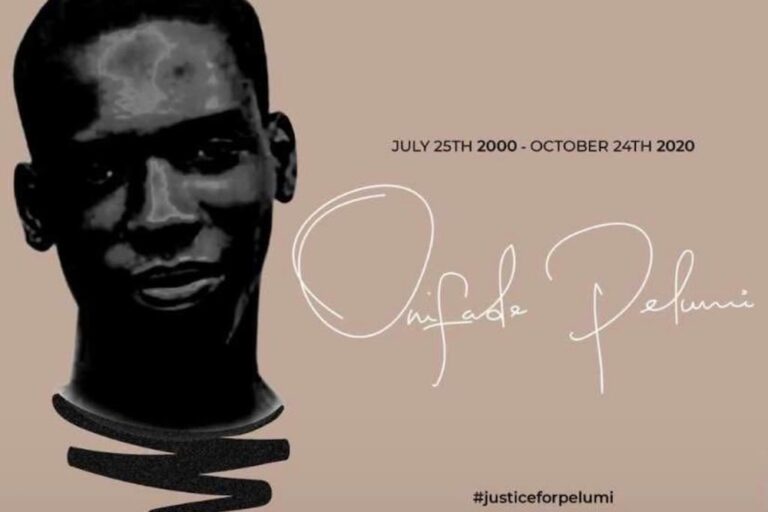(RSF/IFEX) – Reporters Without Borders has called on the Nigerian police to consider all possibilities in their investigation into the 22 December 2006 murder of Godwin Agbroko, the head of the editorial board of the privately-owned “This Day” newspaper, after his family expressed scepticism about a police claim that he was probably killed by robbers. […]
(RSF/IFEX) – Reporters Without Borders has called on the Nigerian police to consider all possibilities in their investigation into the 22 December 2006 murder of Godwin Agbroko, the head of the editorial board of the privately-owned “This Day” newspaper, after his family expressed scepticism about a police claim that he was probably killed by robbers.
“Nothing would be more harmful than a botched investigation with no satisfactory outcome,” the press freedom organisation said. “It must be thorough and transparent. All doubts must be dispelled and all those responsible must be found and punished.”
Reporters Without Borders added: “Nigeria is beginning an already tense run-up to elections and the police should understand the shock that Agbroko’s murder has caused to the press community, which saw him as one of Nigeria’s most courageous and generous sons.”
Agbroko was found dead at the wheel of his car on the road to the Daleko bridge in the Lagos district of Isolo at around 10 p.m. (local time) on 22 December, shortly after he left his office in the district of Apapa. He had been shot in the throat. The window of the driver’s door, which was locked shut, was shattered. His safety-belt was still fastened. The air-conditioning and radio were still on. None of his belongings had been taken. Three policemen and two passers-by were shot dead in the same area that night.
Although the police think he was shot in the course of an attempted hold-up, his son, Tobor Agbroko, said the Nigerian press and his family suspected a targeted murder.
“He must have been trailed from the office,” he said. “There was a phone worth over a hundred thousand naira. It was not touched. His money, his wrist watch and several other things in the car were not touched as well. (. . .) You cannot fool anybody by saying they were robbers. The shot was a very professional shot because it was at the jugular. It was only one shot. So you cannot tell me it was an armed robbery attack. If it was an armed robbery they would have taken something from the vehicle.”
Agbroko was a well-known journalist who wrote a regular column for “This Day”. He edited several newspapers during the 1993-99 military dictatorship, when he was detained at least twice in 1995 and 1996. He was held at a military intelligence detention centre from 18 December 1996 to 6 May 1997, during which he was allowed to see his wife only once. He was awarded the PEN/Barbara Goldsmith prize in 1997.
After the return to civilian rule in 1999, he continued to write ironic and acerbic commentaries on Nigerian politics. His last column, published on 19 December, satirised the primaries being held by the ruling People’s Democratic Party.
His murder comes two months after that of Omololu Falobi, the founder and executive director of Journalists Against AIDS (JAAIDS) and former editor of the privately-owned daily “The Punch”, who was gunned down in similar circumstances shortly after leaving his office in the Lagos district of Ogba on 5 October (see IFEX alert of 11 October 2006).
Violent crime is a major problem in Nigeria. The regional bureau of the privately-owned daily “Vanguard” in Onitsha, in the southeastern state of Anambra, was attacked on 25 December 2006 by robbers, who killed a distribution assistant, Ifeanyi Nnadi, before making off with money and equipment.


